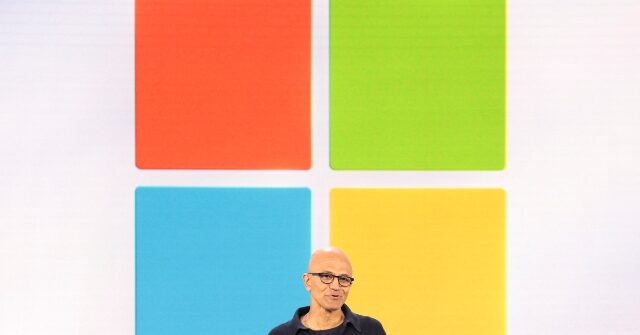Microsoft is making a major push into healthcare AI, aiming to establish itself as a leader in the field and reduce its reliance on partner OpenAI.
The Wall Street Journal reports that in a bid to catch up in the fiercely competitive AI race, Microsoft is turning its attention to the healthcare sector. The tech giant plans to roll out a significant update to its Copilot chatbot, leveraging a new partnership with Harvard Medical School to provide what it claims is more reliable and credible health information to users.
The upcoming version of Copilot will reportedly incorporate information from Harvard Health Publishing, enabling the AI assistant to respond to healthcare queries with greater accuracy and authority. Microsoft will pay Harvard a licensing fee for access to this valuable resource.
Dominic King, vice president of health at Microsoft AI, emphasized the importance of providing users with trustworthy health information tailored to their language and literacy levels. “Part of that is making sure that we’re sourcing that material from the right places,” he said, while declining to discuss the specifics of the Harvard arrangement.
The move comes as Microsoft seeks to establish itself as a major player in the AI chatbot space, currently dominated by OpenAI’s ChatGPT. Despite a tentative agreement to extend their partnership, Microsoft remains focused on building up its own technological capabilities and reducing its dependence on OpenAI.
Under the leadership of Mustafa Suleyman, chief executive of Microsoft AI, the company has increased staffing at its internal AI lab and made healthcare a key focus area. In June, Microsoft announced the development of an AI tool it claimed was capable of diagnosing diseases with four times the accuracy of a group of doctors, at a fraction of the cost.
However, the path to AI independence is not without challenges. Microsoft’s Copilot app has been downloaded 95 million times, while ChatGPT has surpassed the billion-download mark, according to research firm Sensor Tower. Currently, Copilot relies heavily on OpenAI’s models to respond to user queries.
To address this gap, Microsoft researchers and engineers, including recent hires from Google’s DeepMind AI lab, are working diligently to advance the company’s proprietary models. In August, Microsoft began publicly testing a homegrown AI model that could potentially power Copilot in the future. The company is also deploying models from OpenAI rival Anthropic in its 365 products.
Breitbart News previously reported on increasing tensions between Microsoft and OpenAI:
At the heart of the dispute is OpenAI’s desire to loosen Microsoft’s grip on its AI products and computing resources. The startup is seeking Microsoft’s approval for its conversion into a for-profit company, a move that would allow OpenAI to raise additional funds and potentially go public. Microsoft’s blessing is crucial for this transition, but negotiations have proven difficult.
According to people familiar with the matter, OpenAI executives have even discussed the possibility of accusing Microsoft of anticompetitive behavior during their partnership. This “nuclear option” could involve seeking federal regulatory review of the contract terms for potential antitrust law violations and launching a public campaign against the tech giant. Such a move would undoubtedly destroy the partnership.
Read more at the Wall Street Journal here.
Lucas Nolan is a reporter for Breitbart News covering issues of free speech and online censorship.
Read the full article here


